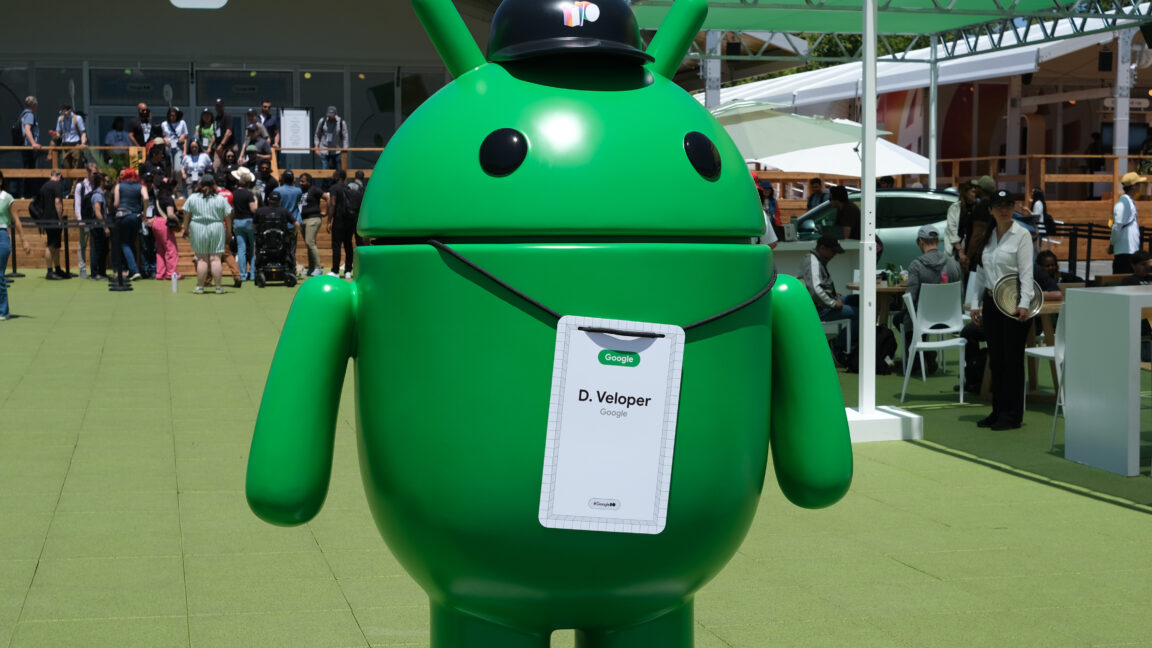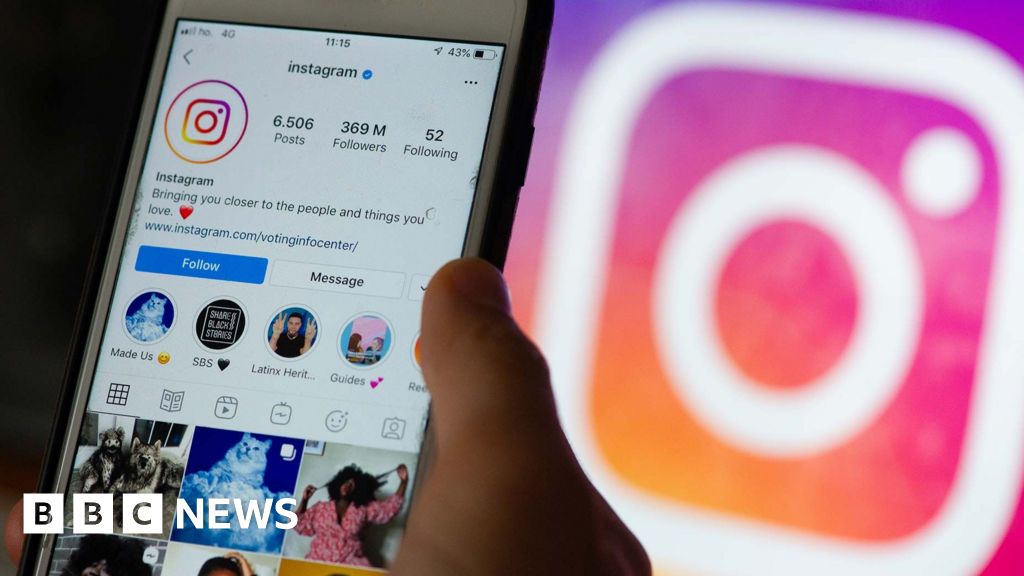Google to Verify All Android Developers in Four Countries by Sept. 2026

Introduction
In an effort to combat the rising number of malicious apps on the Google Play Store, Google has announced that it will be verifying all Android developers in four select countries by September 2026. This move comes after a series of high-profile security breaches and data leaks caused by malicious apps. With over 2.5 billion active Android devices worldwide, this verification process aims to protect the millions of users who download apps from the Play Store on a daily basis.
Key Details
The four countries included in this verification process are the United States, Japan, South Korea, and Germany. These countries have been chosen due to their high number of active Android users and the prevalence of malicious apps in their respective regions. The verification process will require developers to submit personal identification and undergo a background check, similar to the process for Apple's App Store. This will ensure that only legitimate and trustworthy developers are able to publish apps on the Play Store.
Impact
This verification process is a crucial step in protecting Android users from malicious apps. With the increasing reliance on mobile devices and the sensitive information stored on them, it is essential for app marketplaces to have strict security measures in place. This move by Google not only shows their commitment to user safety, but also their dedication to maintaining the integrity of the Play Store. It is a positive step towards creating a safer online environment for all Android
About the Organizations Mentioned
Google, a subsidiary of Alphabet Inc., is a global technology leader primarily known for its internet-related products and services, including its dominant search engine, advertising platforms, cloud computing, software, and hardware offerings. Founded in 1998 by Larry Page and Sergey Brin, Google has evolved from a simple search engine into a diversified tech giant with significant influence across multiple sectors[2][8]. The company’s core business revolves around Google Services, which includes Search, YouTube, Android, Chrome, Google Maps, Google Play, and advertising. Its advertising business remains the largest revenue driver, underpinning ambitious investments in emerging technologies such as artificial intelligence (AI) and cloud computing. Google Cloud, a major growth segment, offers infrastructure, platform services, and enterprise tools like Google Workspace, providing AI-powered solutions for data analytics, cybersecurity, and collaboration[2]. Google has consistently pioneered innovations in AI, demonstrated recently at Google I/O 2025, where it showcased advances in AI-powered search and personalization, emphasizing local discovery and smarter user experiences. AI integration also reshapes local business visibility through enhancements in the Google Business Profile, enabling businesses to better engage customers with AI-driven communication and search optimization[3][5][6]. Financially, Alphabet crossed a landmark $3 trillion market capitalization in September 2025, joining a select group of tech giants due to robust revenue growth driven by AI, resilient advertising, and expanding cloud services. This milestone reflects Google’s strategic balance between its dominant ads engine and scaling innovative bets[1]. Culturally, Google in 2025 maintains its commitment to innovation, openness, and user focus while adapting to business realities. It remains a top employer, known for fostering employee empowerment and evolving workplace policies to attract and retain talent, marking its maturity as a global tech leader with over 150,000 employees[4]. In summary, Google represents a transformative force in technology and business, blending AI-driven innovation, dominant market presence, and cultural adaptability to shap
Google Play Store
The Google Play Store is the official digital distribution platform for Android devices, developed and operated by Google. Launched in 2008 as the Android Market, it was rebranded as Google Play in 2012 to encompass not only apps but also music, movies, books, and games. The Play Store serves as a central hub for users to discover, download, and purchase digital content, making it a cornerstone of the Android ecosystem. Google Play Store’s primary function is to provide a secure and user-friendly marketplace for millions of apps, ranging from productivity tools and social media platforms to entertainment and educational resources. Developers worldwide can publish their apps on the platform, reaching a global audience of billions. The store features robust curation, user reviews, and security measures, including Google Play Protect, which scans apps for malware and other threats. Over the years, the Google Play Store has achieved several milestones. It surpassed 2.5 million apps in 2017 and continues to grow, with billions of downloads annually. The platform has also introduced innovative features such as in-app purchases, subscription models, and family sharing, enhancing user experience and developer monetization opportunities. Currently, the Google Play Store remains the dominant app marketplace for Android, with a presence in over 190 countries. It plays a critical role in Google’s broader ecosystem, integrating with services like Google Drive, YouTube, and Google Assistant. Notable aspects include its rigorous app review process, developer support programs, and initiatives to promote app quality and user privacy. For business and technology enthusiasts, the Google Play Store exemplifies the power of digital marketplaces in shaping modern mobile experiences and driving innovation in the tech industry.
Apple's App Store
Apple's App Store is a digital distribution platform launched by Apple Inc. in October 2008, designed to provide iOS users with access to mobile applications across a wide range of categories including games, productivity, social media, and more. It revolutionized mobile software by creating a centralized, curated marketplace where developers could distribute apps directly to consumers, and users could easily discover, purchase, and download them[3]. The App Store debuted with 500 apps and quickly grew, reaching milestones such as 1 billion downloads by 2009 and 30 billion downloads by 2012. It has paid out billions of dollars to developers, fostering a vibrant economy and innovation ecosystem. Apple continuously updates its App Store policies and tools such as App Store Connect, which helps developers manage app availability and status[3][4]. Key achievements include shaping the mobile app economy, pioneering the concept of app ecosystems, and creating a trusted environment for users and developers. The store's revenue-sharing model, with Apple traditionally taking a 30% commission, has been influential but also controversial, drawing criticism from companies like Spotify over app store rules and fees[7]. Currently, the App Store remains a cornerstone of Apple's business model, supporting millions of apps and billions of downloads worldwide. It integrates with Apple's ecosystem, offering purchase history, subscription management, and app redownload features for users[1][5][8]. Its stringent review process aims to maintain quality and security, balancing developer innovation with user protection. Notably, the App Store has transformed how software is purchased and used on mobile devices, becoming a critical platform in the tech industry that impacts developers, consumers, and competitors alike. It exemplifies the intersection of technology, commerce, and regulation in the digital age.


















